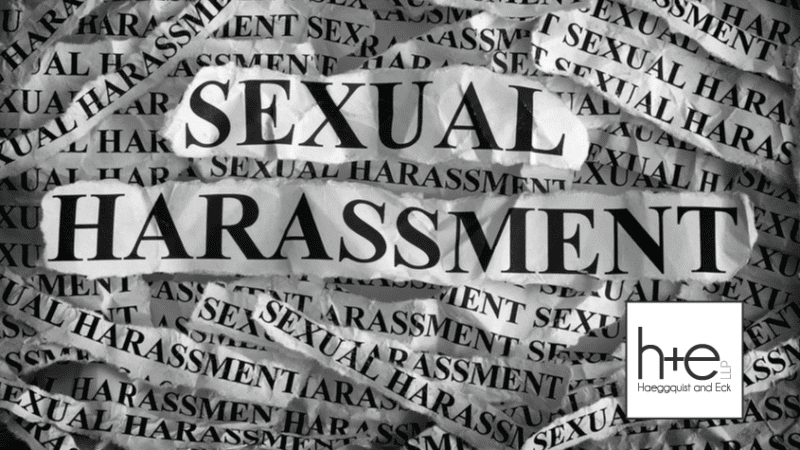
Sexual Harassment When You’re Working Away From the Office
Millions of Americans make their living mostly or entirely through remote work. Whether this means working from home or on the go, it’s a fact

Millions of Americans make their living mostly or entirely through remote work. Whether this means working from home or on the go, it’s a fact

For decades, gender equality laws in California moved at a funeral pace. But in 2017, #MeToo lit a fire behind these movements, prompting swift response

While the precise origins of Valentine’s Day, also known as Saint Valentine’s Day, remain murky, February 14 has become synonymous with romantic love. The day

In California, employers aren’t the only ones who face liability for harassment, including sexual harassment, and retaliation in the workplace. Individual supervisors are also liable for their

In a common sexual harassment scenario, a male supervisor sexually harasses a female subordinate by making sexually explicit comments, touching her inappropriately, or engaging in
It is a common misconception that sexual harassment in the workplace only occurs between men and women. In California, same-sex and opposite-sex sexual harassment are